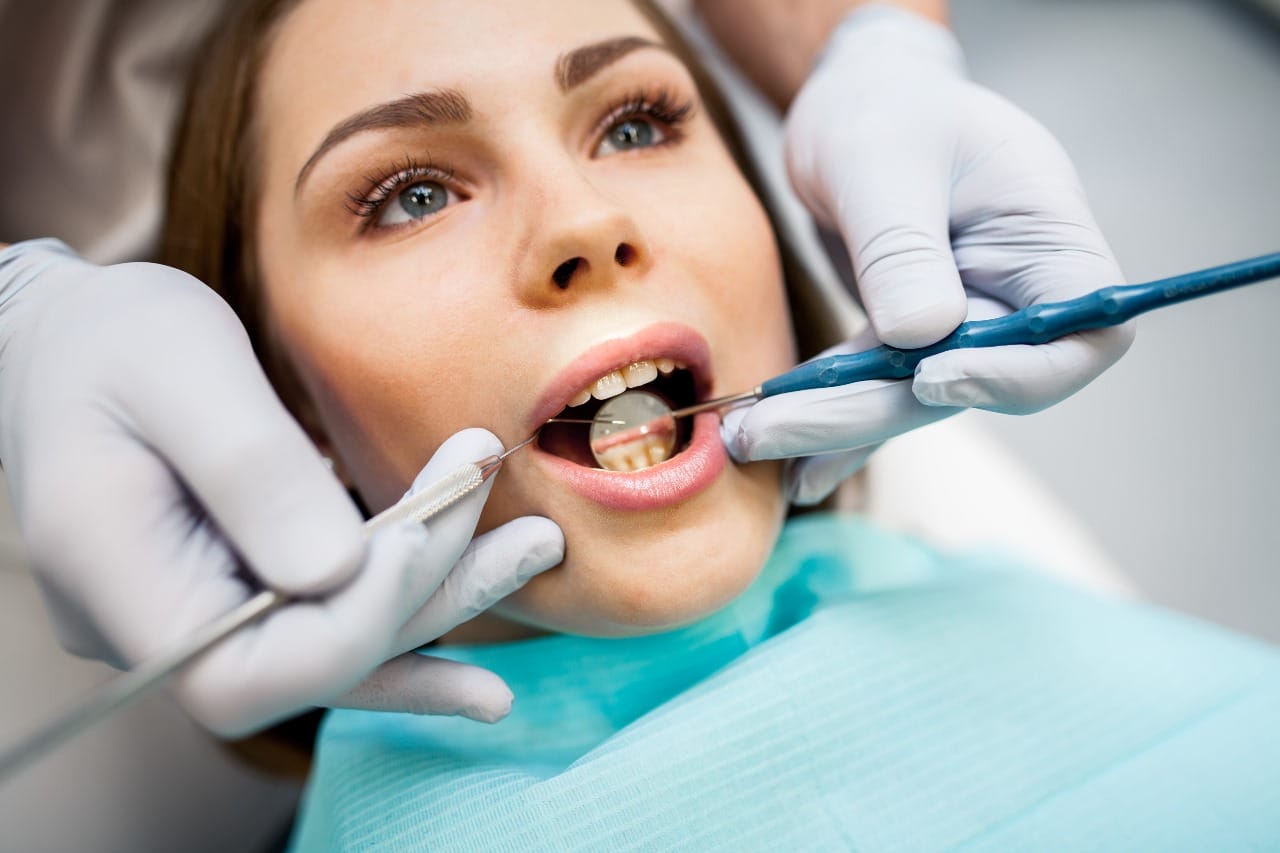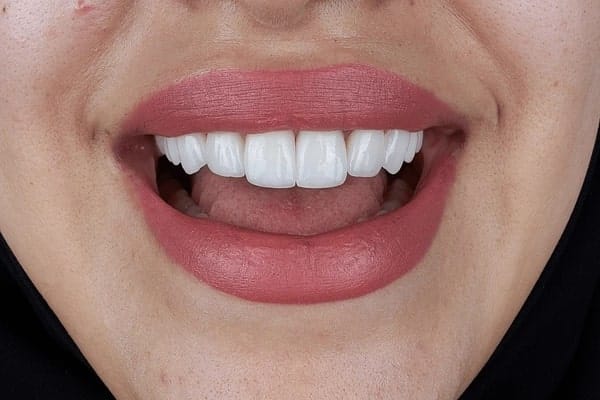Maintaining good oral health is crucial for overall wellbeing and quality of life. But what exactly does it mean to have good oral health? This comprehensive guide explores the key aspects of oral hygiene and dental care that contribute to healthy teeth and gums.
What Are the Key Practices for Maintaining Good Oral Health?
1. Brushing: Why Is It Important?
Brushing your teeth is a fundamental aspect of oral hygiene. It is recommended to brush your teeth for at least two minutes, twice daily. Use a soft-bristled toothbrush that is ADA-approved and a fluoride-containing toothpaste. Brushing effectively removes plaque—a sticky film of bacteria that forms on teeth and can lead to cavities and gum disease. Research from the Australian Dental Association (ADA) supports that proper brushing techniques can significantly reduce the risk of dental issues (ADA).
2. Flossing: How Does It Contribute to Oral Health?
Flossing daily helps to remove plaque and food particles between teeth and under the gumline, areas that a toothbrush cannot reach. This practice is crucial for preventing gum disease and cavities. According to studies, regular flossing can reduce the risk of gingivitis by up to 40% (Australian Dental Health Foundation).
3. Diet: How Does Nutrition Affect Oral Health?
A balanced diet rich in vitamins and minerals supports oral health. Foods high in calcium, such as dairy products, and those rich in vitamin C, such as fruits and vegetables, are particularly beneficial. Conversely, a diet high in sugary foods and drinks can lead to tooth decay and gum disease. The Australian Dietary Guidelines emphasise the importance of a balanced diet for maintaining overall health, including oral health (Australian Government – National Health and Medical Research Council).
4. Hydration: What Role Does Water Play?
Adequate hydration is essential for maintaining healthy teeth and gums. Drinking plenty of water helps to produce saliva, which naturally cleanses the mouth and neutralises harmful acids. Saliva also helps to remineralise tooth enamel, reducing the risk of cavities. The Australian Dental Association advises drinking water throughout the day to support oral health (ADA).
5. Dental Visits: How Often Should You See a Dentist?
Regular dental checkups and cleanings are vital for maintaining good oral health. It is generally recommended to visit a professional dentist every 6-12 months. These visits allow for early detection of potential problems and professional cleanings to remove plaque and tartar buildup. The ADA advises these regular appointments to prevent more severe dental issues.
6. Mouthwash: Is It Necessary?
Using an antimicrobial or fluoride-based mouthwash can complement your brushing and flossing routine. Mouthwash helps to reduce oral bacteria, freshen breath, and provide an additional layer of protection against cavities and gum disease. Research suggests that mouthwash with fluoride can strengthen enamel and reduce cavities (Australian Dental Health Foundation).
- Avoid Harmful Substances: How Do They Impact Oral Health?
Limiting tobacco and alcohol use is crucial for maintaining good oral health. Tobacco can lead to gum disease, tooth discolouration, and oral cancer. Excessive alcohol consumption can contribute to dry mouth and oral cancer. The Australian National Preventive Health Agency provides guidelines on reducing these risks (Australian Government – National Preventive Health Agency).
What Are the Signs of Good Oral Health?
1. Healthy Gums: What Do They Look Like?
Healthy gums should be pink and firm, with no bleeding when brushing or flossing. This indicates that your gums are in good condition and that you are effectively managing plaque and bacteria.
2. Clean Teeth: How Can You Tell?
Your teeth should be free from visible plaque and tartar. They should feel smooth and clean to the touch. Regular brushing, flossing, and dental checkups help to maintain this level of cleanliness.
3. Fresh Breath: What Does It Indicate?
Fresh breath is a sign of good oral hygiene. Persistent bad breath could indicate underlying issues such as gum disease or cavities. Maintaining a good oral hygiene routine helps to keep your breath fresh.
What Does Research Say About Maintaining Good Oral Health?
Recent studies underscore the importance of maintaining good oral hygiene practices. Research published in the Journal of Clinical Periodontology highlights that brushing twice daily and flossing significantly reduce the risk of periodontal disease (Journal of Clinical Periodontology).
The Australian Dental Association also supports these practices, emphasising that preventive care, including regular dental visits and good daily habits, is crucial for long-term oral health.
Table: Recommended Oral Health Practices
| Practice | Frequency | Purpose |
| Brushing | Twice daily | Removes plaque, prevents cavities and gum disease |
| Flossing | Daily | Removes plaque between teeth, prevents gum disease |
| Dental Checkups | Every 6-12 months | Early detection of dental issues, professional cleaning |
| Mouthwash | Daily (if needed) | Reduces bacteria, freshens breath, provides extra protection |
| Hydration | Throughout the day | Aids saliva production, helps remineralise enamel |
| Avoid Harmful Substances | As needed | Reduces risk of gum disease, oral cancer, and dry mouth |
For further guidance on maintaining good oral health, you can contact Palm Beach Dental. We offer comprehensive dental care to ensure your oral health is in top condition.
Maintaining good oral health involves a combination of daily practices and regular professional care. By following these guidelines and staying informed, you can keep your teeth and gums healthy for years to come.
Important FAQs
1. How often should I brush my teeth for optimal oral health?
Answer: For optimal oral health, it is recommended to brush your teeth at least twice a day—once in the morning and once before bed. Each brushing session should last for at least two minutes. This routine helps to remove plaque, prevent cavities, and maintain healthy gums. Using a fluoride toothpaste and a soft-bristled toothbrush can further enhance the effectiveness of brushing.
2. What is the correct technique for brushing my teeth?
Answer: To brush your teeth effectively, follow these steps:
- Place your toothbrush at a 45-degree angle to your gums.
- Use gentle, circular motions to clean the outer surfaces of your teeth.
- Brush the inner surfaces using the same circular motions.
- For the chewing surfaces, use a back-and-forth motion.
- Don’t forget to brush your tongue and the roof of your mouth to remove bacteria and freshen your breath.
- Rinse thoroughly with water.
Using this technique helps to ensure that all surfaces of your teeth are cleaned properly, and plaque is effectively removed.
3. Why is flossing important, and how often should I do it?
Answer: Flossing is crucial because it removes plaque and food particles from between your teeth and under the gumline—areas that a toothbrush cannot reach. Regular flossing helps prevent gum disease, cavities, and bad breath. It is recommended to floss once a day, preferably before brushing your teeth in the evening.
4. What kind of diet supports good oral health?
Answer: A diet that supports good oral health includes:
- Calcium-rich foods: Such as dairy products (milk, cheese, yogurt) and leafy greens.
- Vitamin C-rich foods: Such as citrus fruits, strawberries, and bell peppers.
- Crunchy vegetables and fruits: Like apples and carrots, which help stimulate saliva production and cleanse teeth.
- Whole grains and lean proteins: For overall health and nutrition.
Avoid sugary foods and beverages, as they can lead to tooth decay and gum disease.
5. How much water should I drink to maintain good oral health?
Answer: Drinking plenty of water is essential for maintaining good oral health. It is generally recommended to drink at least 8 cups (2 litres) of water per day. Adequate hydration supports saliva production, which helps neutralise harmful acids, rinse away food particles, and remineralise tooth enamel. Water also helps to maintain overall bodily functions, contributing to general health.
6. How often should I visit my dentist for check-ups and cleanings?
Answer: It is advisable to visit your dentist for check-ups and professional cleanings every 6 to 12 months. Regular dental visits allow for the early detection of potential issues such as cavities, gum disease, or other oral health problems. Professional cleanings remove plaque and tartar that regular brushing and flossing may not fully address, helping to maintain optimal oral health.
For personalised dental care and to ensure your oral health is on track, consider visiting Palm Beach Dental. Our expert team is dedicated to providing comprehensive dental services tailored to your needs.


